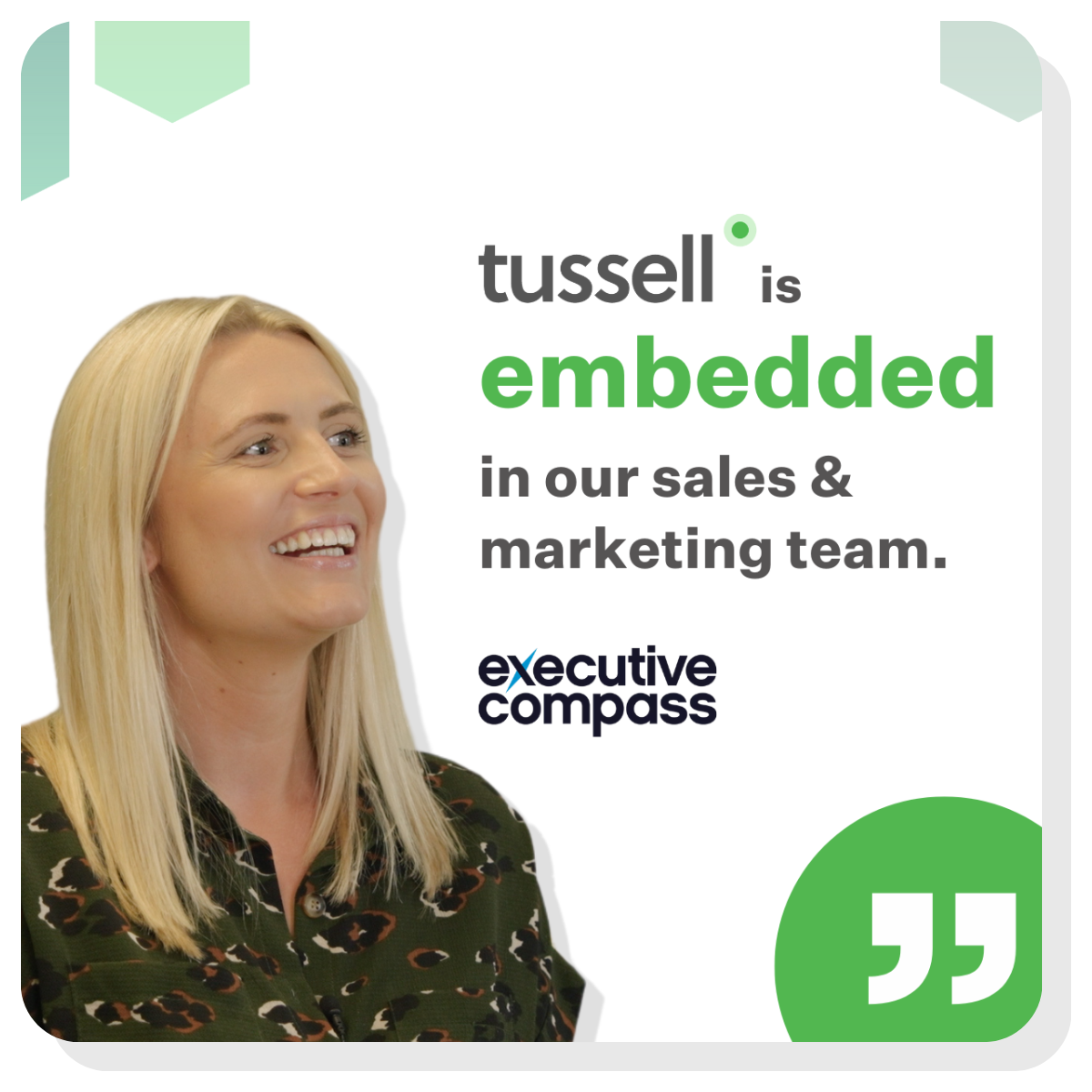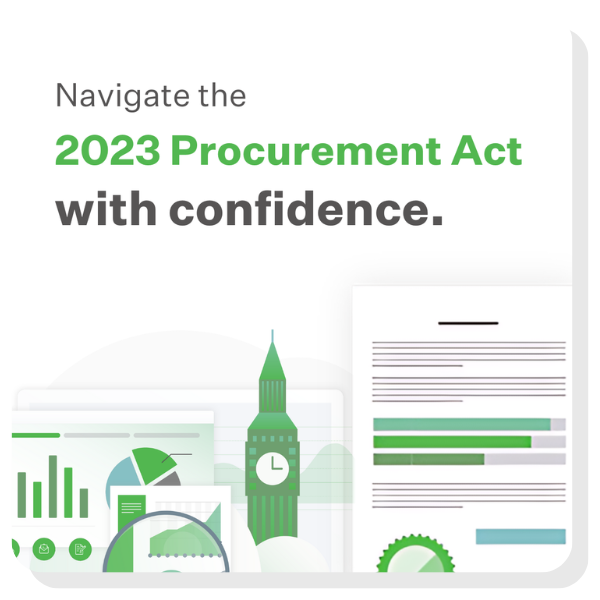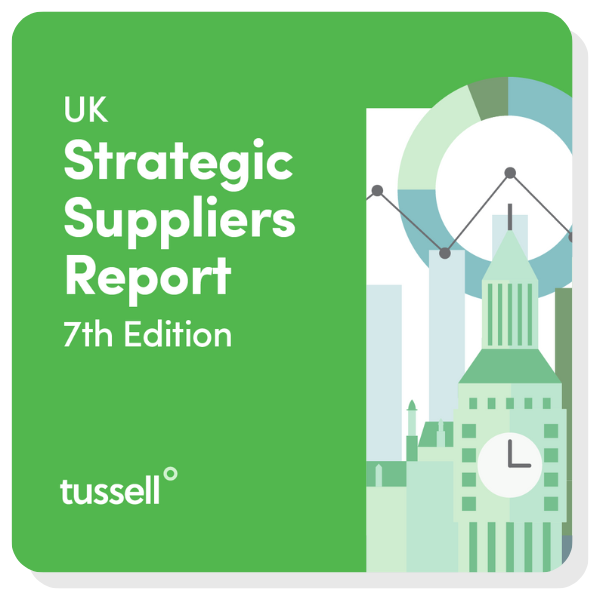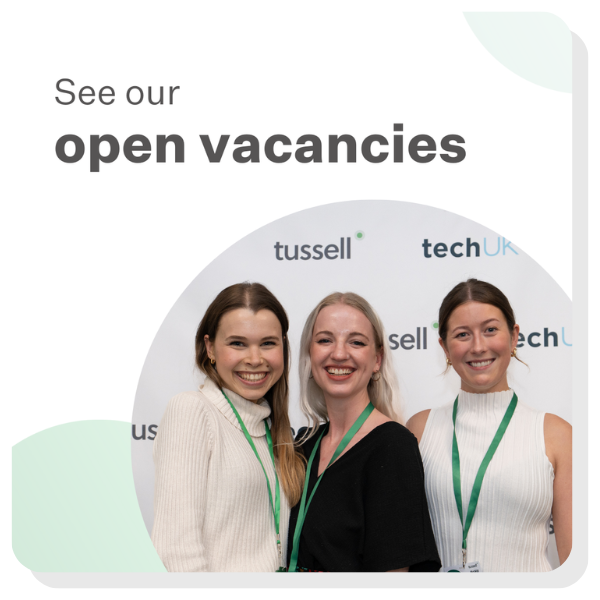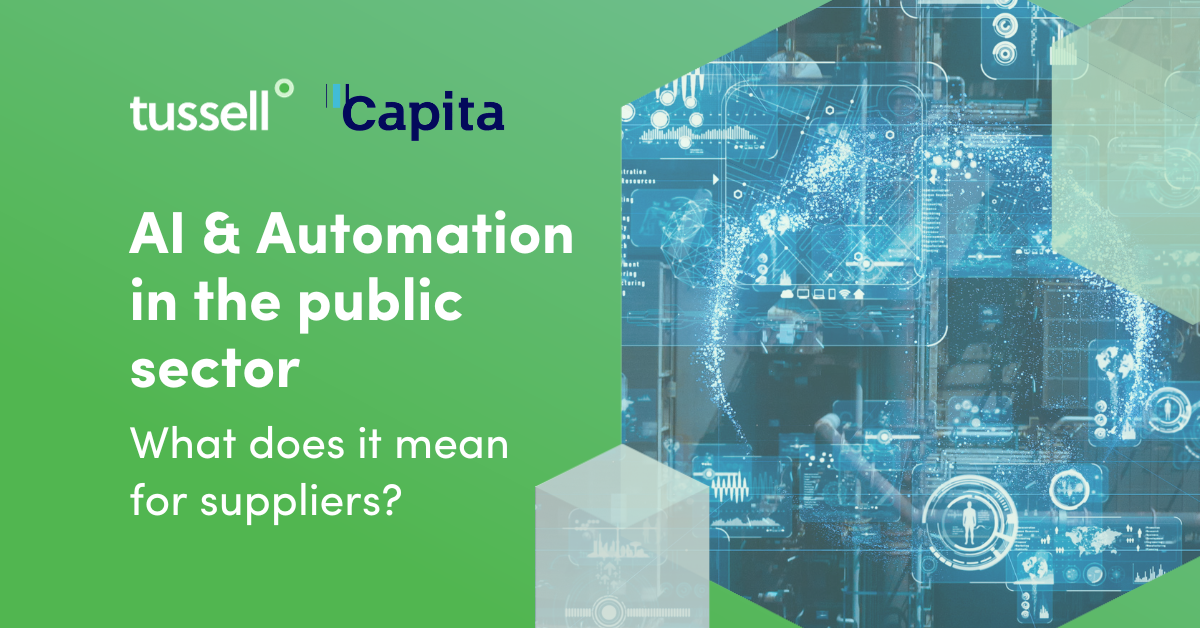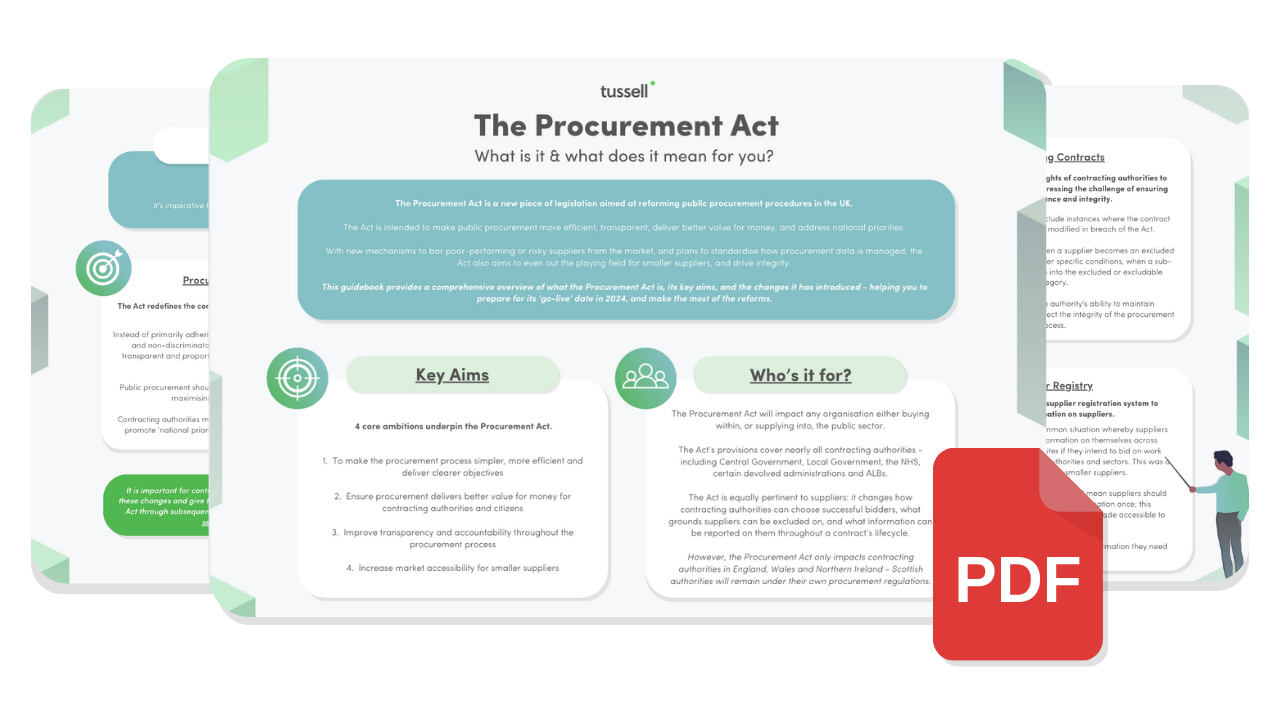At the end of September, we had the privilege of being one of the Breakout Sponsors for techUK's flagship event, 'Building the Smarter State 2023'.
This annual summit brought together over 200 senior leaders and decision-makers from across the public sector, focusing on public sector digital transformation.
Within the packed agenda, one talk, in particular, stood out to us: Piers Campbell's (Data and AI Guild Lead at Capita) 'Transforming to a citizen-centric model with intelligent automation'.
During the session, the panellists discussed the opportunities and challenges posed by rolling around automation and AI in the public sector. They emphasised the potential benefits of automation, including increased agility, efficiency and improvements in citizens' lives.
In this blog, we've summarised the discussion's key talking points, and asked: what does the mounting adoption of AI & automation in the public sector mean for suppliers?
🤖 Key takeaways
One of the key points made during the presentation was the importance of executive support and subject matter expertise in automation initiatives.
They mentioned that some organisations struggle to scale automation beyond initial pilot projects, and departmental scaling can create new bottlenecks. To address these challenges, they emphasised the need for a holistic approach to automation and AI, including the infusion of AI capabilities to enhance automation processes.
The speakers also discussed the potential applications of automation and AI in fraud detection and prevention, especially in sectors like finance and local government. They highlighted the advantages of automation in data analysis and mentioned the importance of governance and policies when implementing generative AI.
In terms of technology enhancements, the panellists talked about the role of automation in modernising legacy applications and making them more efficient. They stressed the importance of composable services and the need for a collaborative approach with customers.
The presentation concluded by encouraging organisations to start their automation journeys and highlighting the potential benefits of automation when implemented correctly.
🎯 Opportunities for public sector suppliers
What does the proliferation of AI and automation in the public sector mean for suppliers?
In today's dynamic market landscape, public sector suppliers find themselves at the nexus of a transformative journey. The growing use of automation and AI technologies in the public sector has ushered in a new era of possibilities.
This section explores the 3 key opportunities raised by the panel that suppliers should harness to thrive in this evolving ecosystem.
📈 Market Expansion
The integration of automation and AI in the public sector signifies a burgeoning market with vast potential for growth.
Public sector suppliers can capitalise on this trend by adapting their product and service offerings to align with the evolving needs of government agencies.
As automation becomes more pervasive, there is a growing demand for solutions that can help streamline operations, reduce bureaucratic inefficiencies, and enhance citizen services. Suppliers who invest in developing automation-focused products and services are well-positioned to meet this demand.
Moreover, the public sector encompasses a wide range of agencies and departments, each with its unique challenges and requirements. Public sector suppliers can tailor their automation solutions to cater to the diverse needs of these entities. For instance, healthcare, education, and transportation departments may have distinct automation requirements, and suppliers can specialise in providing solutions that address these specific needs.
📢 Increased Demand
Automation is no longer a novel concept in the public sector; it has become a strategic imperative.
Government agencies are increasingly recognising that automation and AI can lead to significant cost savings, improved service delivery, and enhanced citizen experiences. This heightened awareness translates into a growing demand for automation solutions, presenting a vast market opportunity for suppliers.
As public sector agencies embark on their digital transformation journeys, they require reliable partners who can guide them through the complex landscape of automation technologies. Public sector suppliers have the opportunity to position themselves as trusted advisors, offering not just products but comprehensive solutions that address the unique challenges faced by government entities.
🤝 Collaborative Partnerships
The successful adoption of automation in the public sector hinges on collaborative partnerships between suppliers and government agencies.
Public sector suppliers who proactively engage with their clients can gain a deeper understanding of the agencies' pain points, operational intricacies, and strategic goals. By doing so, suppliers can co-create automation solutions that align perfectly with the agency's objectives.
Collaboration also fosters innovation. Suppliers working closely with public sector clients can identify new use cases for automation and AI, creating tailored solutions that drive operational efficiencies and improve public services. This collaborative approach not only enhances the supplier-client relationship but also positions the supplier as a strategic partner invested in the long-term success of the agency.
Collaboration is a theme that we have seen in other public sector markets as well. Recently at Veolia UK's VEO23 event, collaboration and partnerships were identified as crucial enablers of progress. The panel discussion on "Does Net Zero go far enough?" highlighted the need for long-term and strategic collaborations among businesses, government bodies, and organisations.
You can find out more about the VEO23 and the panel discussion on "Does Net zero go far enough?" and what it means for suppliers, here.
Our thoughts
Automation and AI present significant opportunities for public sector suppliers to expand their market presence, meet increasing demand and forge strong collaborative partnerships with government agencies.
To capitalise on these opportunities, suppliers should adapt their offerings, build subject matter expertise, and proactively engage with clients to co-create solutions that drive positive outcomes in the rapidly evolving public sector landscape.
❗ Challenges for Public Sector Suppliers
As public sector suppliers venture into the realm of automation and AI, they encounter a landscape filled with both opportunities and challenges.
Understanding these challenges ahead of time will put you in the best position to overcome them.
📚 Regulatory Complexity
In the public sector, regulatory compliance is of utmost importance. Government agencies must adhere to various laws and regulations concerning data security, privacy, and ethical AI use.
Public sector suppliers need to navigate this intricate web of rules to ensure that their automation and AI solutions comply with all relevant standards. Failure to do so can result in legal complications, reputational damage, and the loss of contracts.
To address this challenge, suppliers must stay abreast of evolving regulations and integrate compliance measures into their offerings from the outset.
🎯 Diverse Agency Needs
The public sector encompasses a wide array of agencies and departments, each with unique missions and requirements. Healthcare, education, transportation, and defence agencies, for instance, may have vastly different automation needs.
Suppliers must be prepared to offer solutions that can be tailored to these diverse sectors. This requires a deep understanding of the specific challenges faced by each agency and the ability to customise products and services accordingly.
Adapting to these varying demands can be resource-intensive, but it is essential to effectively serve the public sector, and win more business with government in the long-term.
🔐 Data Security and Privacy
Handling sensitive citizen data is a fundamental aspect of many public sector operations. Suppliers must implement robust data security measures to protect this information from breaches and misuse.
Additionally, ensuring that AI algorithms and automation processes do not compromise citizen privacy is paramount. Any breach of data security or privacy violations can lead to significant legal and financial repercussions.
Public sector suppliers need to invest in state-of-the-art cybersecurity and data protection mechanisms and continuously update them to stay ahead of evolving threats.
👀 Public Perception and Trust
Building and maintaining public trust is critical for government agencies. When public sector suppliers introduce automation and AI technologies, there may be concerns about potential job displacement, errors in automated decision-making, or misuse of AI systems.
Suppliers must actively engage with the public, government stakeholders, and advocacy groups to address these concerns and communicate the benefits of automation.
This requires a robust public relations and communication strategy to ensure that citizens and employees feel confident in the use of AI and automation in public services.
Our thoughts
Public sector suppliers should view automation and AI as a transformative force in the industry. By proactively addressing the challenges and aligning their offerings with the needs of government clients, suppliers can position themselves as key enablers of digital innovation within the public sector. Collaborative partnerships and a commitment to ethical AI practices are essential elements for success in this evolving landscape.
While challenges such as regulatory compliance, data security, customisation, and collaboration may appear daunting, they are surmountable with the right strategies and approaches.
Public sector suppliers, by recognising these challenges as opportunities for innovation and growth, can position themselves as trusted partners in the digital transformation journey of government entities. Tailoring solutions to meet specific needs, staying abreast of regulatory changes, fostering collaboration, and investing in subject matter expertise are key steps towards success in this evolving landscape.
If you're serious about delivering AI and automation services to the public sector, you'll need hard data to understand who's buying it, who with, and through which routes-to-market. Tussell's market intelligence platform can reveal all of this, and more. To learn more, click here.
What's the way forward for suppliers?
The intersection of automation and AI with the public sector presents a landscape rich with opportunities and challenges for both suppliers and government agencies alike. As we reflect on the insights shared during the 'Building the Smarter State Event' and Capita's presentation on intelligent automation, several key takeaways emerge:
-
The public sector offers significant growth potential as automation and AI gain traction. These emerging technologies present a host of opportunities and challenges that can significantly impact how government bodies operate, the potential for what suppliers can offer, and the dynamics between suppliers and government agencies.
-
In light of the challenges raised in the talk and outlined in this blog, public sector suppliers must view automation and AI as transformative forces that can be harnessed with the right strategies and approaches.
-
In this dynamic landscape, success hinges on adaptation, collaboration, innovation, and a steadfast commitment to ethical and compliant practices. Public sector suppliers, armed with a clear understanding of both the opportunities and challenges, are well-equipped to play a central role in shaping the future of public services through automation and AI.
To find out more about Capita's talk and techUK's annual Building the Smarter State summit, please head to techUK's BTSS event page or get in touch with their events team at events@techuk.org
Thank you again to our partners techUK for the invitation to BTSS 2023, and to all the speakers for their insightful talks - it really was a great lineup to be a part of!
*
🤖 You can find out more about the shape, size and trajectory of the public sector AI marketplace in our blog, Artificial Intelligence & the Public Sector: Trends, Growth & Opportunities - produced in partnership with CreateChange.
🌐 You can also find out more about what the government's aims are for digital transformation in our summary blog on the government's Roadmap for Digital and Data policy paper.
To get a grasp of who's buying and selling AI and automation services in the public sector, you need a tool like Tussell to help.
Tussell's market intelligence platform is already being used by top suppliers to track new public sector opportunities, dig into their target accounts, see who their competitors are working with, and understand which frameworks they should get onto to win more work.
Book a personalised demo with our team to see how Tussell can help you do more business with government.



